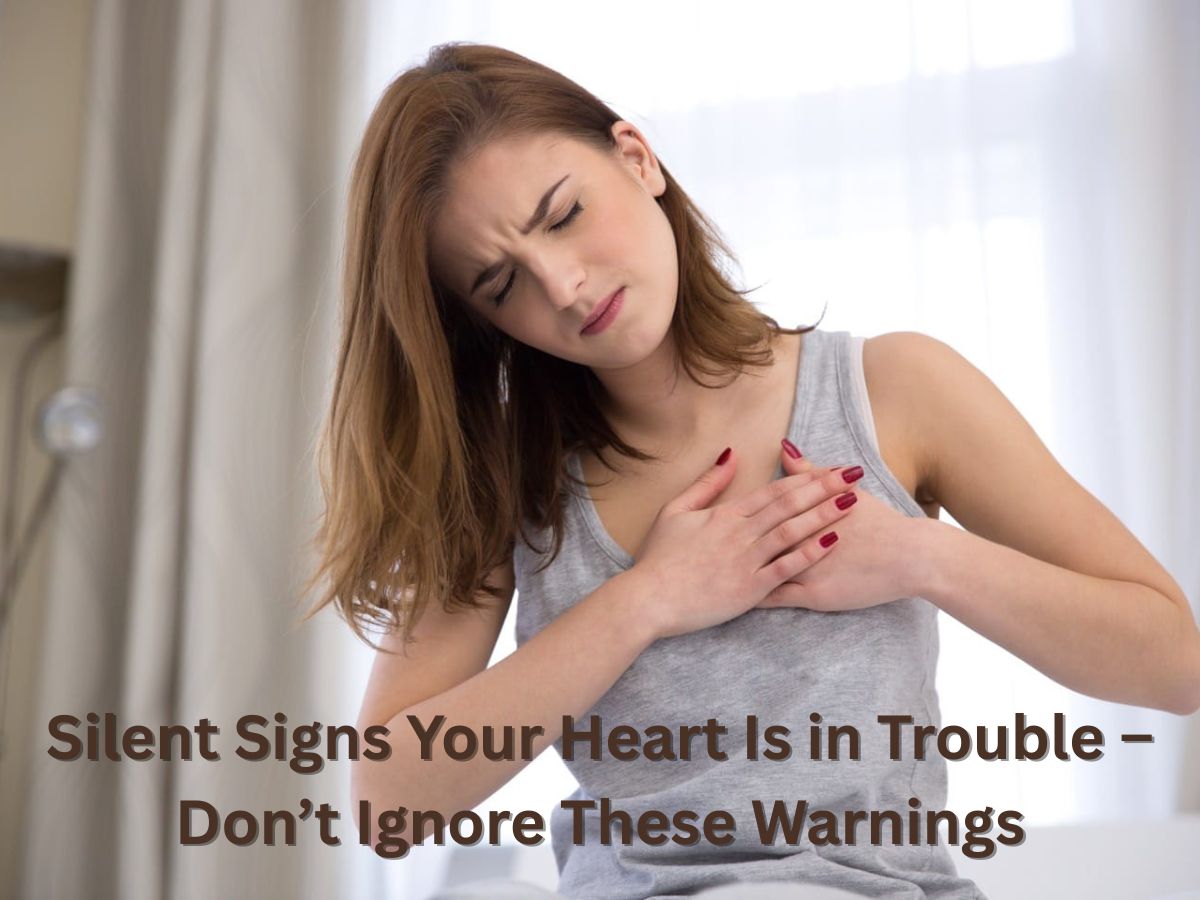Don’t wait for a heart attack — notice the red flags now
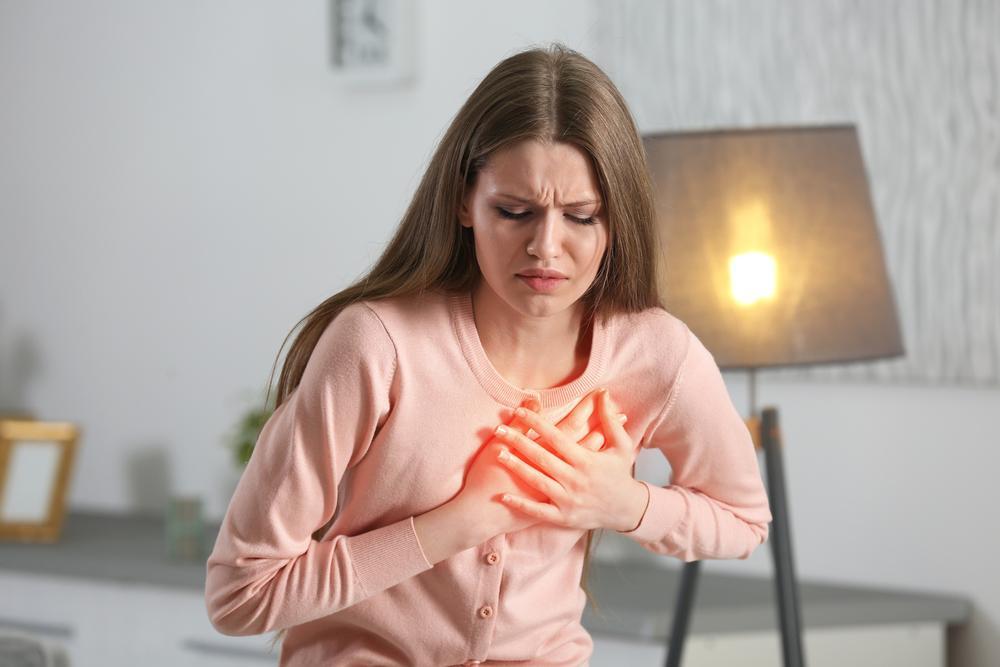
Imagine : You’re going about your day—perhaps trying to keep up with your kids or finishing a long work call. Things are going alright, but then you feel a bit “off.” Not to down play what you feel, but most likely it is not one of those regularly dramatized and overly romanticized heart attacks with pains and clutching. Here, you are referring to a more general case where one feels tired or uneasy, perhaps attributing it to a stressful day or a poorly cooked lunch. But what if your body is trying to tell you something regarding your heart? It is quite easy to underestimate heart disease, as it often given no attention and it not communicated with a bang. Most people actually feel silent signs and heart disease is one of them. As someone who has had to watch close people deal with heart disease, I understand how morbid that is. However, it is the truth. But as people often say, “the best defense is knowledge” and right now it is about finding these piped signals and trying to communicate it. Most heart disease ignorance is highly avoidable and full attacks only happen in people who have very little control over the situation. It is all about finding the right information and I can help you understand why you need to communicate about these signals and why are often ignored.
1. Constant Fatigue You Can’t Explain
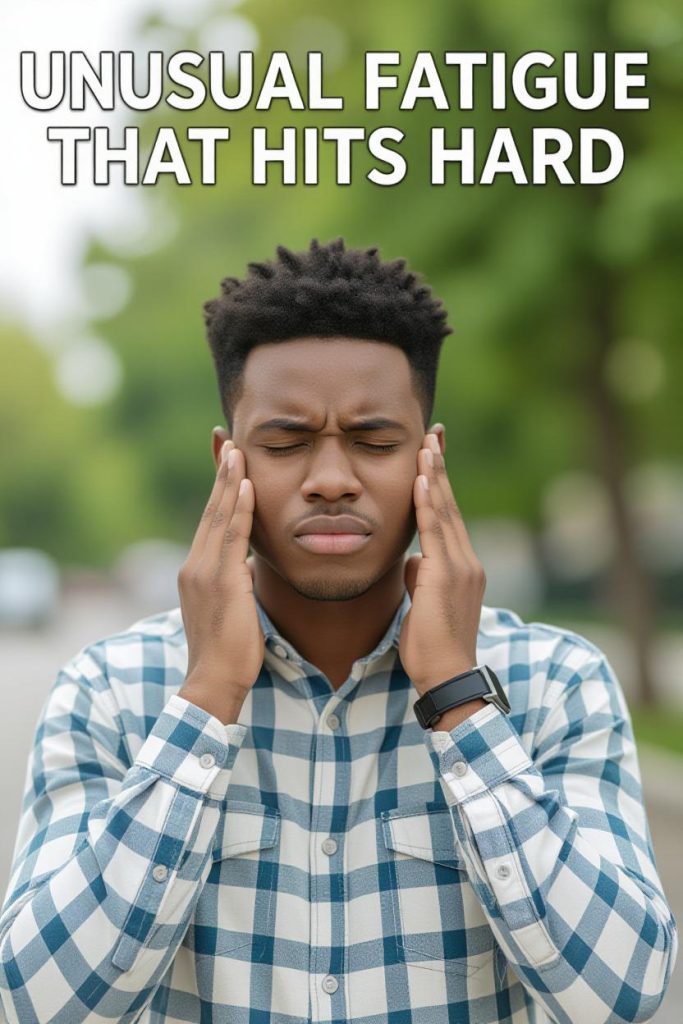
We all feel tired and busy with life. But if you are consistently tired after sleeping, then it is not just age or stress. Your body depends on your heart’s ability to efficiently pump blood so that all body systems can be supplied with the oxygen and nutrients they need. When the heart is weak, your body works overtime and you will feel fatigued, sluggish, or just “not yourself.” If your everyday feels like you are pulling a boulder behind you, then it is valuable to know why.
Women, in particular, often experience this type of fatigue weeks or even months before a heart attack. Don’t brush it off as stress or aging if it’s significantly impacting your quality of life.
2. Shortness of Breath During Normal Activities

After a marathon, it’s acceptable to feel out of breath. Being out of breath while folding clothes or going to the mailbox is not acceptable. You will experience dyspnea during routine activities if your heart isn’t pumping blood that is oxygenated to your body.
Since this symptom takes time to develop, it is easily justified. You may simply assume that you’re not in good physical condition, or you may even attribute it to your allergies. However, attempting to rationalize persistent dyspnea with very little activity is pointless. You must visit a physician.
3. Swelling in Your Feet, Ankles, or Legs

When the heart cannot properly pump blood-for whatever reason-fluid starts to build up in the body, with this usually being in the lower limbs: legs, ankles, and feet. It is a chronic swelling, having a pit when one presses on it, unlike temporary puffiness temporary from, say, sitting on a flight or a salty meal. You may notice your socks bite marks on your legs, your shoes fitting tighter, or it being harder to take off your rings. Sudden weight gain (water weight) or abdominal bloating can also be noticed by a few.
4. Chest Discomfort That Isn’t Classic Pain
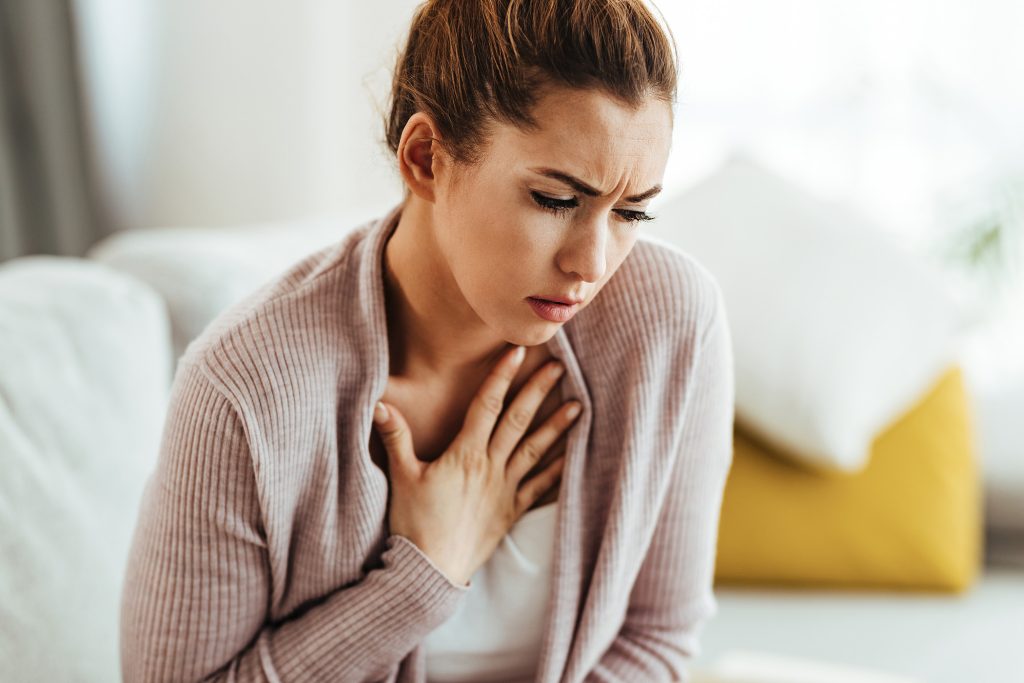
Heart issues often don’t manifest with the intense, crushing pain seen in films. Most women and most people experience less dramatic tightness, squeezing, fullness, or burning over the chest area. The pain may be cyclic or triggered by exertion or emotional distress or not. You might feel like you are sitting on or experiencing indigestion, or that you have a tight band around your chest. Don’t delay treating your pain; it doesn’t matter what is in front, any strange, unrelenting sensation in your chest should be evaluated.
5. Pain in Unexpected Places

Heart-related pain sometimes can travel to remote places. There may be pain in the neck, jaw, throat, upper back, upper portion of the stomach, or arms (usually the left arm). The pain usually gets aggravated by activity. It can be either continuous or intermittent. Jaw pain is especially ignored in females. When you begin some other kinds of symptoms besides or associated with jaw pain, don’t simply assume all jaw pain must be a dental issue linked with persistent jaw pain.
6. Dizziness, Light headness, or Fainting
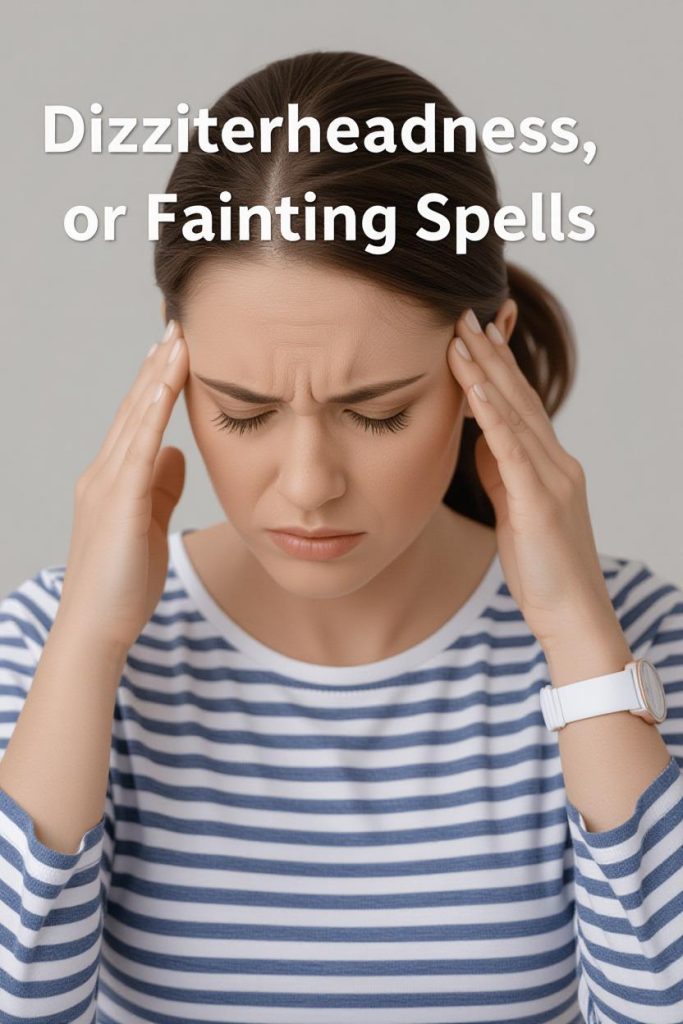
Are you feeling dizzy and close to passing out? Those are very generalized signs of abnormal valves or arrhythmias. The Mayo Clinic mentions dizziness as a symptom of a lot of heart problems, because it is a lack of blood flow to the brain. Think about passing out alone at home, or while driving—yikes! The scary part about that is also considering how scary it is for family members if they were with you or were affected by your experience. If that dizziness continues, especially when combined with other symptoms, don’t chalk it up to just low blood sugar; it could very well be your hearts cries for help.
7. Indigestion, Nausea, or Stomach Pain That Won’t Quit

Do you feel heartburn or feel nauseous after you eat? It could be more than just indigestion from the pizza. Heart attacks, especially silent ones resembling indigestion, tend to cause less severe uneasiness in your stomach. Web MD lists indigestion and nausea as possible heart symptoms to never ignore. This is especially true in women as opposed to typical chest pain. We’ve all popped an antacid without a second thought, so it’s mentally comforting. But what if your heart is even more frantic then just nausea? As it escalates into vomiting, think guilt—it’s worse to exaggerate problems and go to the physician specialists.
8. Palpitations or Irregular Heartbeat
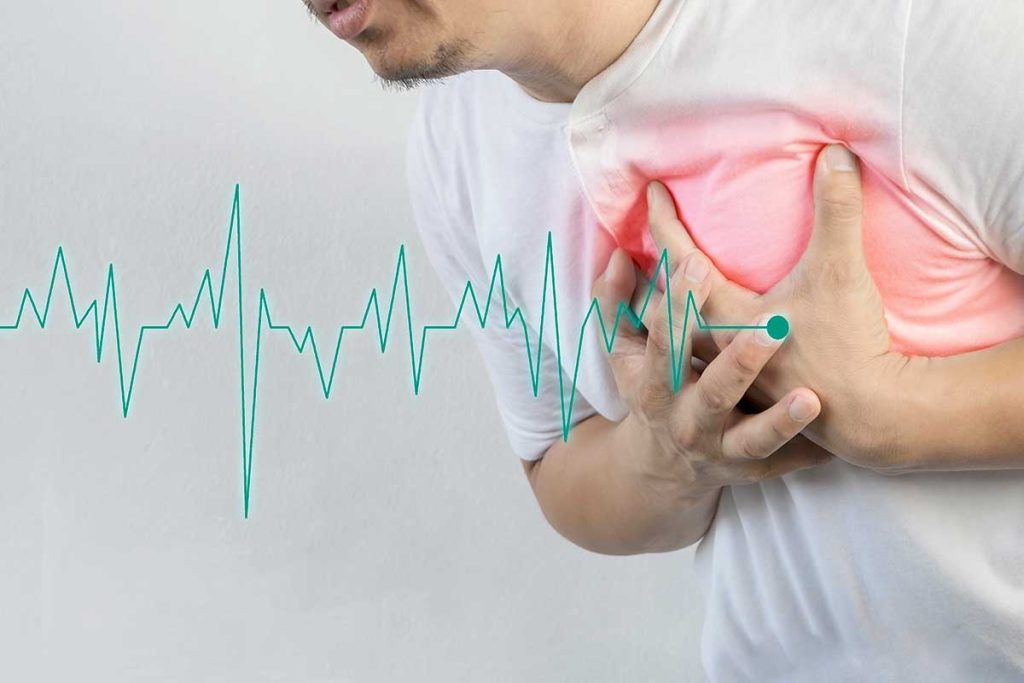
Have you experienced the ephemeral sensation of “a heart skipping a beat” or one in which heart beats wildly? This raises a form of heart “butterflies,” while heart counters or tachyarrhythmias are the most familiar: palpitations. These symptoms usually go unnoticed but when they begin to appear regularly, it could be a very eminent warning to take care of your heart, something we have already mentioned. Unusual thumping would feel quite erratic, which in turn can trigger anxiety in you and make you think of something ominous happening away there; that, in some instances, could psychologically disturb. For the early detection of an arrhythmia, a visit to your doctor may provide immediate alleviation; otherwise, an arrhythmia could precipitate further complications such as stroke.
9. Sleep Problems and Nighttime Symptoms
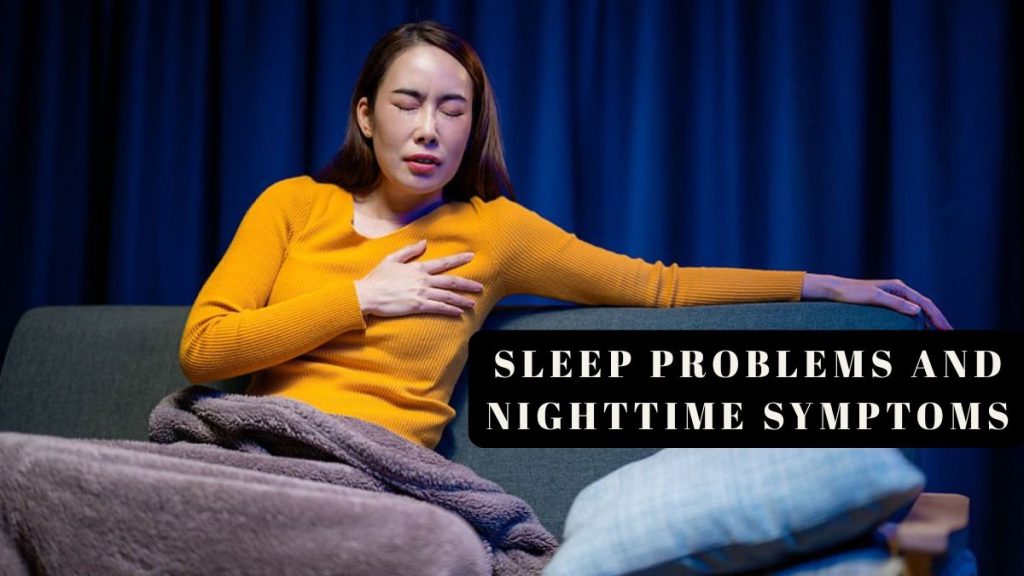
There are multiple ways heart diseases can disrupt your sleep. You have a chronic cough that worsens at night, need to sleep upright with lots of pillows or even wake up gasping for air. Others may wake up in the middle of the night feeling like they are being choked or drenched in cold sweats, all because, if the heart isn’t pumping well, lying flat can aggravate fluid build-up in the lungs.
10. Cold Sweats or Unexplained Sweating

Do you find yourself breaking out in a cold sweat, despite the temperature or physical activity? According to the American Heart Association, that’s a sign of a heart attack. While it may feel like nervousness when seen with other symptoms, it’s an alert. How vulnerable would it feel breaking out in a cold sweat while eating dinner with family and dismissing it? It is or can be an emotional reminder to listen to your body’s signals.
11. Subtle Mood Changes

We don’t discuss this enough, but your heart health can impact your emotional health. Flu-like behaviors or warning signs for your heart can sometimes include depression, agitation, or difficulty figuring out how to identify those pesky feelings of angst related to anxiety.
Why? Well, a sick heart can cause problems with sleep and hormonal balance, as well as a lack of oxygen to the brain, which all affect your mood ultimately.
Why These “Silent Signs” Get Ignored

One of the main challenges with heart disease is that it is often not painful or, at least, not pain that we can notice. We make excuses to ourselves like:
- “I’m just tired because I’m busy.”
- “It’s just heartburn.”
- “I’m slowing down because I’m getting older.”
But all of these excuses are far too often delaying diagnosis and treatment until it is too late. Excuses are not good enough for your heart.
What You Can Do Right Now

The unfortunate part of it? With adequate early detection, heart disease can be avoided or reversed. Try these simple, heart-friendly steps:
- Listen to your body. Watch for any new or unusual symptoms.
- Plan to get routine checkups. Even if you feel fine, a regular checkup may help identify issues before they become serious.
- Get moving! To support a strong, healthy heart, be active on a regular basis.
- Eat heart-friendly foods. Choose lean proteins, fruits, vegetables, whole grains, nuts and seeds.
- Get a handle on your stress. Chronic stress can overwork your heart. Try yoga, deep breathing or taking a break.
- Be sure you are sleeping at night. Your heart needs time to renew and recycle while you are sleeping.
- Quit smoking and limit alcohol. Both can be sneaky enemies of your heart health.
Final Thoughts

Learn about your risk factors in addition to these indicators: A number of factors come into play, including age, genetics, smoking, diet, high blood pressure, cholesterol, diabetes, obesity, stress, and physical inactivity. Women’s risk increases after menopause, while men’s risk increases earlier in life.
Remember that your ticker is what motivates you to embrace, laugh, and go on adventures with the people who are most important to you. Don’t undervalue the whispers; they might be a cry for assistance disguised as one. Keep yourself healthy and protect that ticker.
